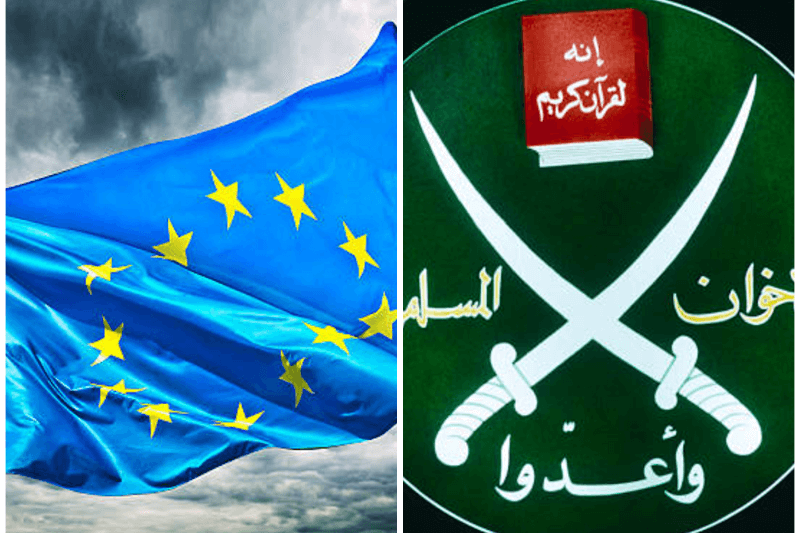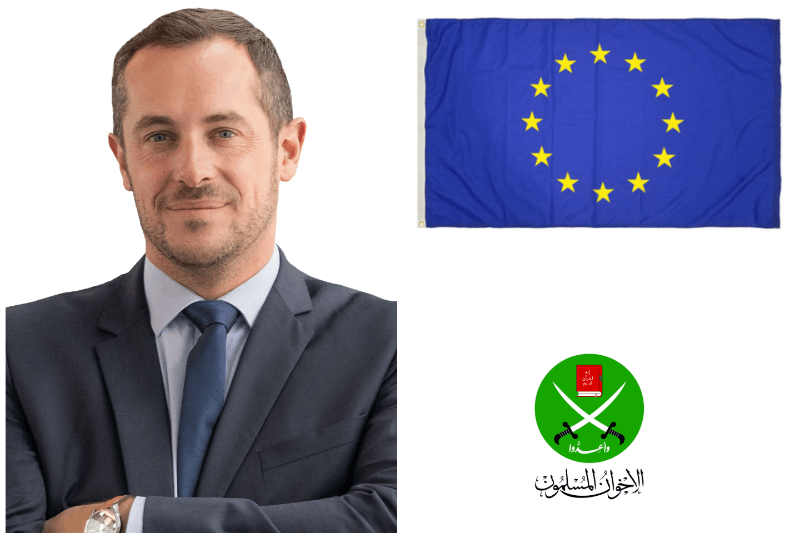
What will the European Union decide on immigration?
European Union on Immigration: In recent weeks, the institutions of the European Union and the member states are starting the discussions on the Pact regarding the immigration and asylum file presented by the EU Commission on September 23, 2020. Last week, the European Parliament (EP) met in a high-level conference to discuss a strategy based on a fair sharing of responsibility and solidarity, EU Commission President Ursula von der Leyen announced at a press conference. By the end of this week, the Commission will present further details of the mechanism decided following the consultations.
Meanwhile, von der Leyen recalls that “our proposal came after intense discussions with both the European Parliament and all national parliaments. We have to agree, come to meet each other, discuss compromises, but we must realize that no solution satisfies everyone.” Indeed, this pact did not immediately appeal to all Member States. First of all, Hungary and Poland. They have interpreted the recent imposition by the EU as a requirement to access the Recovery Fund. A blackmail for countries that do not want to consent to the division of migrants. As the EU debates, however, dozens of migrant people who continue to cross the Mediterranean Sea find death instead of a better life. In October only, 222 migrants were found dead or disappeared at sea near the coast of the Canary Islands, according to “Euronews.”
As the President of the EP, David Sassoli, pointed out, behind the numbers of flows, there are the people. There are their stories. “From here, we must start to develop an effective policy on these issues,” Sassoli said. In the EU, it is necessary to create a system of shared rules for rescuing at sea and disembarking people, without criminalizing those who save lives at sea such as NGOs, because these organizations fulfill not only an obligation enshrined in the international law of the sea, but with a moral obligation.
For the observers, one of the most controversial elements of the European Commission’s proposal is the mechanism of the so-called “compulsory solidarity,” the intention to impose on every EU state the legal obligation to host a pre-assigned number of refugees and to initiate policies of support. The Commission argues that solidarity does not only mean welcoming migrants. But also, other actions, such as sending medical supplies or equipment where it is needed. In exchange, each country would receive 10 thousand euros for each adult welcomed, financed by the Community budget.
Even for the asylum procedure, there are some critical points. The current criterion of the Dublin regulation, which establishes that the first European state in which an asylum seeker enters becomes the main responsible, remains unchanged in the current proposal. “This means that border countries will face greater responsibility than others,” said Green MEP Tineke Strik.
National authorities and EU agencies will have to carry out pre-entry inspections at the external borders, providing a quick preliminary decision on asylum applications. The system will involve health and security checks, as well as the detection of fingerprints to be included in the EU asylum database. Furthermore, the Commission intends to strengthen the return system as well, harmonizing the legal framework for the expulsion of rejected asylum seekers and expanding the role of the European authorities in the procedure.




